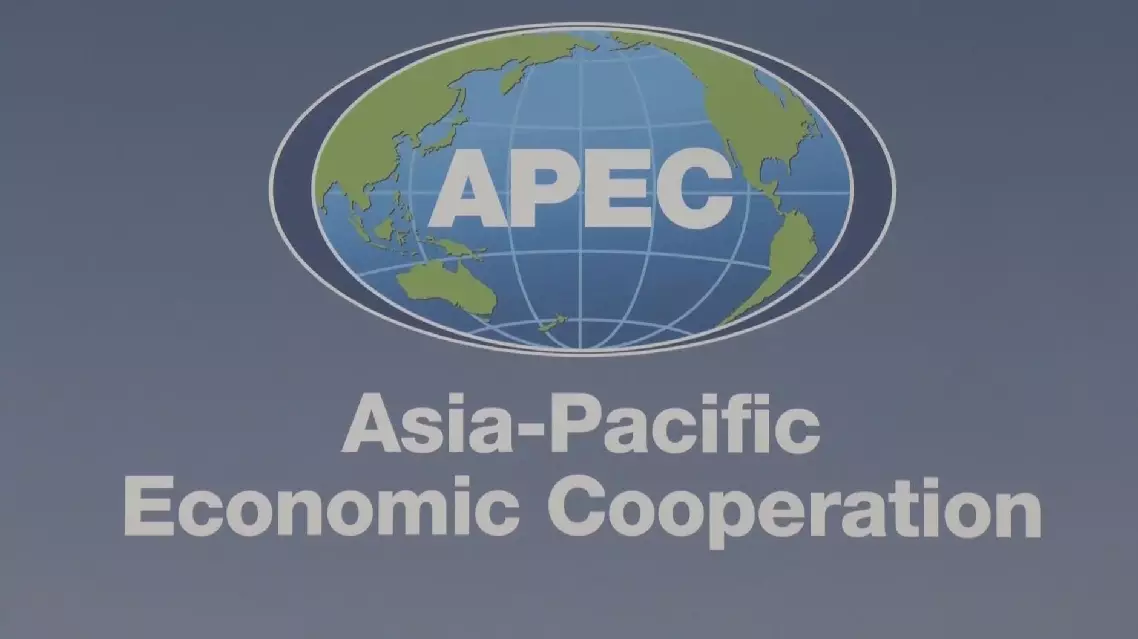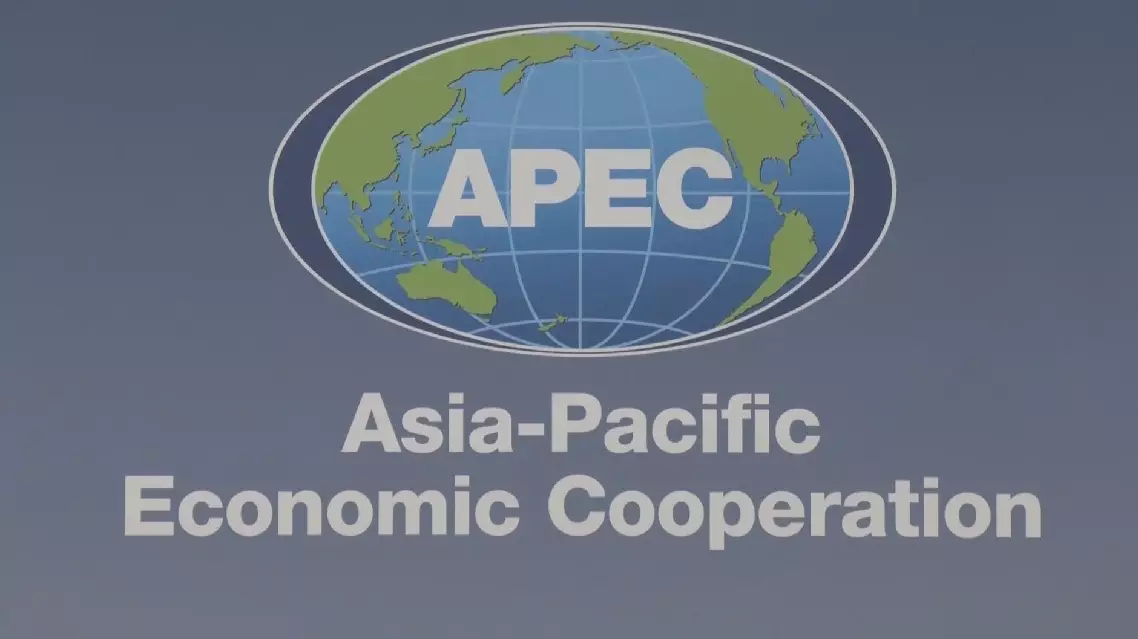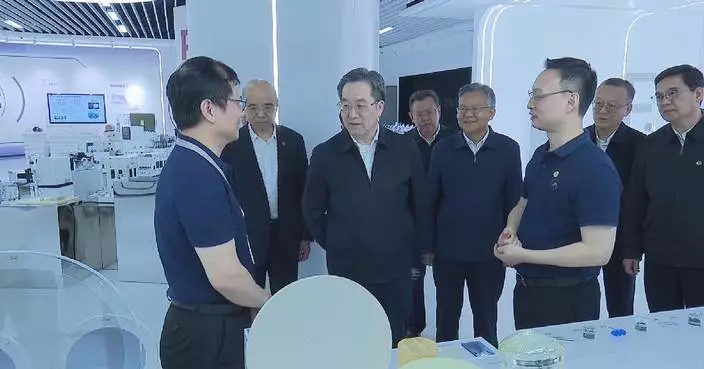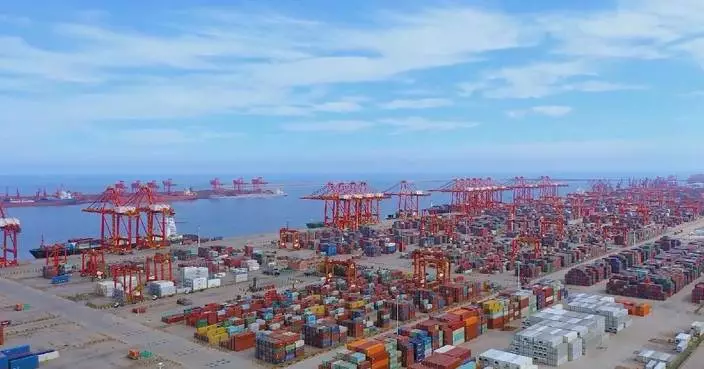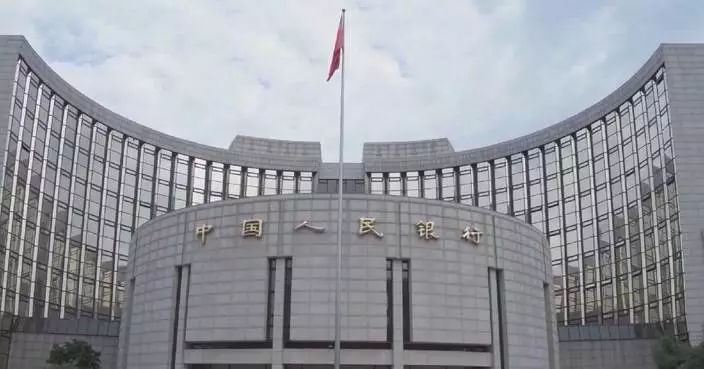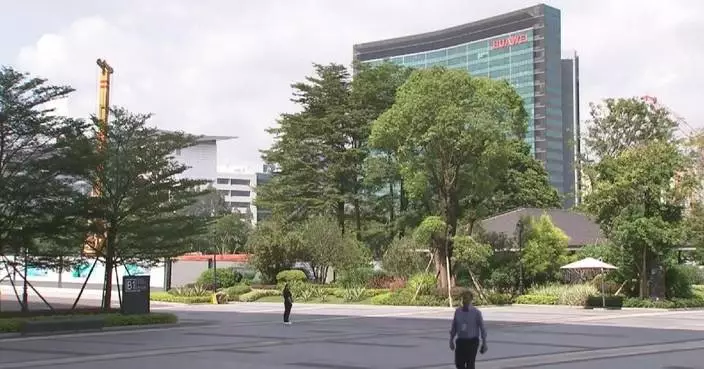Beijing's service hotline 12345 brings specific public service authorities closer to people in need to address their concerns.
All sub-districts, communities, functional departments, and public service enterprises in Beijing are connected through this phone number to easily help individuals and enterprises.
A CGTN's documentary "Hotline Beijing" introduces how citizens are using this service every day to settle disputes and help the city improve its governance.
One episode of the documentary highlights how dialing the hotline helps a resident deal with her shopping standoff.
Ma Ning is a successful businesswoman and the mother of a three-year-old. When she tried to get a replacement for clothing she'd bought her daughter, she had problems.
"I wasn't satisfied. My daughter needed an outfit. I clearly told the vendor I wanted size 110, but he still sent me size 120. And then he refused to exchange it. I called all day, without reply. Are there no regulations governing vendors? I wanted him to realize there are people overseeing such things. So I called 12345," she said.
After three days of arguing, the vendor still rejected Ma Ning's demand. So, backed into a corner, she called 12345.
"We're the masters of our city. I've got the right to criticize and make suggestions. This city is my home. I'm entitled to report it, if something's wrong. Even if I'm not the one who's been badly treated or whose interests have been impaired, I can still call 12345 to report it," Ma explained.
Her complaint to the hotline was relayed to Shuguang Sub-district in Beijing. Within an hour the vendor had completed the exchange. The trivial issue that had bothered Ms. Ma for three days was finally resolved. Ma later praised this service on Chinese social media platform Weibo.
"I was very happy with the outcome. The response was quick, efficient and warm. It was like dealing with a friend or neighbor. It felt genuine and sincere. Later, I posted on Weibo that Beijing's 12345 Hotline never lets you down," she said.

Beijing service hotline helps address residents' concerns



